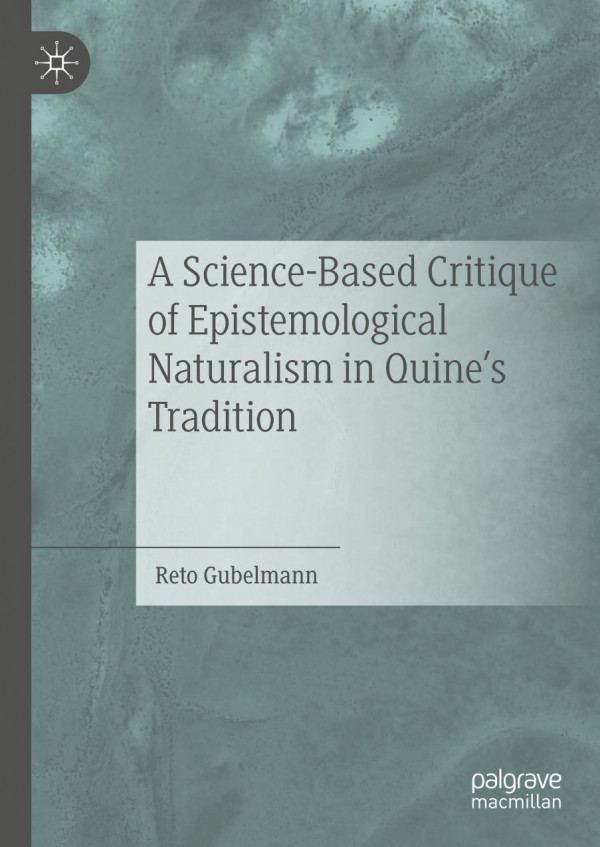

Most ebook files are in PDF format, so you can easily read them using various software such as Foxit Reader or directly on the Google Chrome browser.
Some ebook files are released by publishers in other formats such as .awz, .mobi, .epub, .fb2, etc. You may need to install specific software to read these formats on mobile/PC, such as Calibre.
Please read the tutorial at this link: https://ebookbell.com/faq
We offer FREE conversion to the popular formats you request; however, this may take some time. Therefore, right after payment, please email us, and we will try to provide the service as quickly as possible.
For some exceptional file formats or broken links (if any), please refrain from opening any disputes. Instead, email us first, and we will try to assist within a maximum of 6 hours.
EbookBell Team

4.0
26 reviewsAt the intersection of epistemology, metaphilosophy, and philosophy of science, this exciting new book examines the epistemic limits of empirical science. It makes a unique contribution to research on epistemological naturalism in Quine’s tradition by criticizing the position based on first-order data from empirical psychology and the history of natural science. This way, it meets the naturalist on their own ground not only regarding subject matter, but also regarding their epistemic methods. The book explores the works of a variety of philosophers in the field, including W. V. Quine, Penelope Maddy, Tyler Burge, Stathis Psillos and Howard Sankey.
By carefully considering experimental results from behaviourism as well as developmental and perceptual psychology, Gubelmann finds that none of these disciplines can furnish the epistemic means to successfully naturalize the central cognitive preconditions of scientific theorizing. Furthermore, Gubelmann presents novel arguments for the claims that epistemological naturalists are committed to scientific realism, and that they are unable to defend this position. Based on these results, Gubelmann concludes that epistemology is not part of empirical science, which directly contradicts epistemological naturalism.